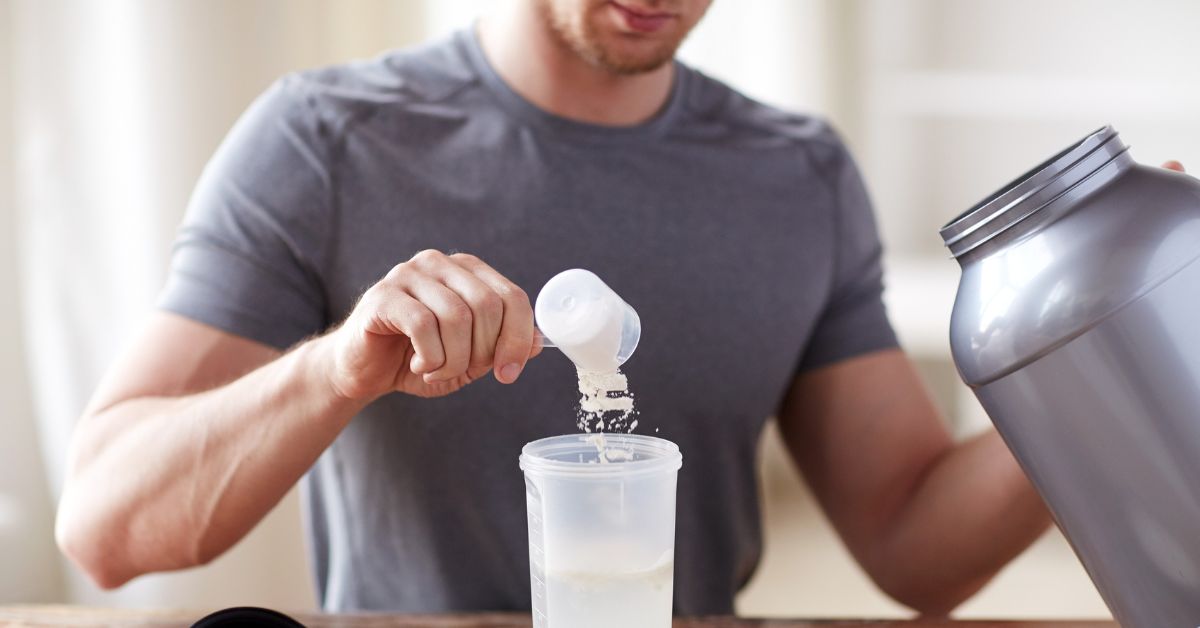When pregnant in the summer, you’re trying to cool down for two! It’s common for moms-to-be to experience uncomfortable side effects in warmer weather, including swelling, dehydration, heat intolerance and an increased sensitivity to the sun.

“During pregnancy, mom’s blood volume increases significantly. The blood vessels also dilate which can make mom feel warmer than normal, adding to her potential for discomfort in warmer weather,” says Mercy Health Physician and OB/GYN Amanda Herron, DO. “These side effects can occur at any time in pregnancy although some are more apparent in the later stages of pregnancy.”
In the summer, our bodies become less efficient at removing fluid. Due to increased pressure on the pelvis from a growing uterus, pregnant women will also experience a decrease in blood flow, which helps get rid of fluid. This can lead to a notable increase in feet and ankle swelling, especially in the later stages of pregnancy.
So, how can moms-to-be stay safe in summer weather?
“I recommend that pregnant women avoid standing for long periods of time. Stretching, staying hydrated, wearing loose clothing, walking and taking frequent rest breaks lying on your left side with your feet elevated can help reduce swelling,” says Dr. Herron. “Take advantage of air conditioning and fans to keep cool too.”
Sweating more in warm weather is your body’s way of staying cool. Because you’re losing more fluid, it’s important to remember to increase your fluid intake. Staying hydrated is key to avoiding heat exhaustion, heat stroke and, later in pregnancy, Braxton Hicks contractions.
“You need more fluid than you think,” notes Dr. Herron. “Eating fruit and vegetables with high water content can help. It is a good idea to replace electrolytes, so add Pedialyte or sports drinks to your drink roster. Don’t wait until you’re thirsty to drink because that is your body’s way of telling you that you’re becoming dehydrated. Keep an eye on your urine to know where you stand in terms of hydration. It should be pale yellow. If it’s still dark, you probably need more water. Always have bottle of water with you!”
Unfortunately, heat exhaustion is common in warm weather. Symptoms include warm skin, headache, fatigue, dizziness, muscle cramps, nausea, loss of appetite, clammy skin, fast pulse and intense thirst.
Dr. Herron recommends that “if you begin feeling any of these symptoms, get inside, place a cool rag on your forehead, take a lukewarm bath or shower and drink plenty of water. If your symptoms don’t resolve within 30 to 60 minutes, call your doctor as you may need IV fluids. I’ve seen patients miserable with nausea and contractions caused by heat exhaustion who needed a liter of fluids.”
Dr. Herron also wants to remind moms-to-be about the importance of applying sunscreen.
“Skin becomes more sensitive during pregnancy making you susceptible to sunburn. The cells in the skin that produce pigment, melanocytes, are more active during pregnancy and you can develop a discoloration called melisma. This frequently occurs on the face. Always use sunscreen with at least SPF 30 and try to stay in the shade.”
Staying physically active is a must for pregnant women in the warm weather too.
“Exercise increases blood flow back to the heart, which helps with the discomforts of pregnancy, such as swelling. Activity also helps you maintain a healthy weight. If you’re outside walking, remember to bring plenty of water, wear light clothing and stay close to home so you can get back quickly if you need to.”
Bottom line, by taking care of yourself in warmer weather, you’re taking care of your baby, too.
“The baby’s organs are forming before you are 12 weeks pregnant. That’s an important time to keep cool, manage fevers and avoid heat stroke, spas and hot tubs,” says Dr. Herron “Too much heat is associated with a greater risk of baby developing spina bifida. If you become dehydrated in late pregnancy and experience contractions, that is when baby will feel the most discomfort.”
Learn more about the maternity care services we offered at Mercy Health.






